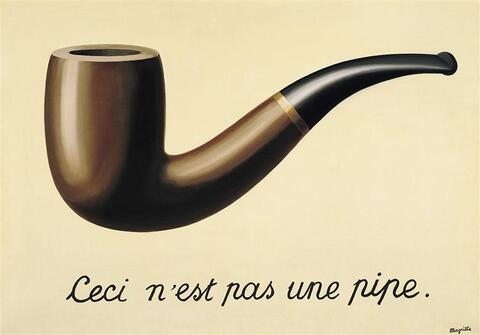HUMS 091, Truth and Post-Truth

Course Description
This European intellectual history seminar explores the epistemological question in philosophy: does the world really exist? How do I know it’s really there and not just a projection of my consciousness? is there such a thing as truth? We begin with European philosophy, moving through Descartes, Kant and Husserl and through the role of ideology and lies in 20th century totalitarianism, then to dissident thought in Eastern Europe in the 1970s and 1980s, and finally to the emergence of “post-truth” in the 20th century and its implications in both philosophy and life. Enrollment limited to first-year students. Preregistration required; see under First-Year Seminar Program.
Led by
|
|
Professor Marci Shore teaches European cultural and intellectual history. She is the author of The Taste of Ashes: The Afterlife of Totalitarianism in Eastern Europe (Crown, 2013), Caviar and Ashes: A Warsaw Generation’s Life and Death in Marxism, 1918-1968 (Yale University Press, 2006) and the translator of Michal Glowinski‘s Holocaust memoir The Black Seasons (Northwestern University Press, 2005). Her newest book is titled The Ukrainian Night: An Intimate History of Revolution Yale University Press); she is also at work on a longer book project titled Phenomenological Encounters: Scenes from Central Europe. Among her articles and essays are “Czysto Babski: A Women’s Friendship in a Man’s Revolution” and “Engineering in the Age of Innocence: A Genealogy of Discourse Inside the Czechoslovak Writer’s Union, 1949-1967,” in East European Politics and Societies; “Children of the Revolution: Communism, Zionism, and the Berman Brothers” in Jewish Social Studies; “Conversing with Ghosts: Jedwabne, Zydokomuna, and Totalitarianism” in Kritika: Explorations of Russian and Eurasian History; “Tevye’s Daughters: Jews and European Modernity” in Contemporary European History; “When God Died: Symptoms of the East European Avant-Garde-and of Slavoj Zizek” in Slovo a smysl/Word and Sense: A Journal of Interdisciplinary Theory and Criticism in Czech Studies; and “Man liess sie nicht mal ein paar Worte sagen,” in the Frankfurter Allgemeine Zeitung, “(The End of) Communism as a Generational History” in Contemporary European History; “‘If we’re proud of Freud…: The Family Romance of Judeo-Communism” in East European Politics and Societies; (Modernism in) “Eastern Europe” in The Cambridge Companion to European Modernism; “On Cosmopolitanism and the Avant-Garde, and a Lost Innocence of Mitteleuropa” in Utopia/Dystopia; “Narcissism and Its Discontents” in European Studies Forum; and “Can we see ideas? On evocation, experience, and empathy” in Modern European Intellectual History. |
